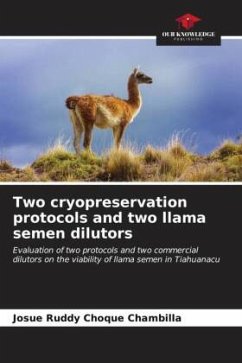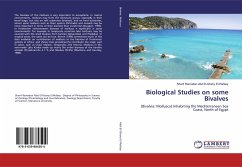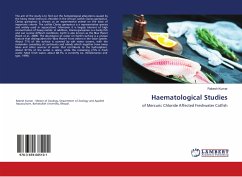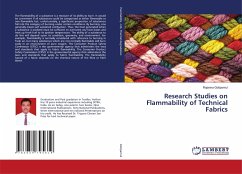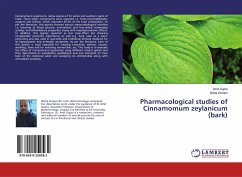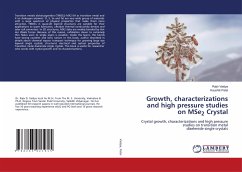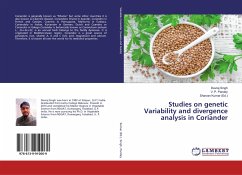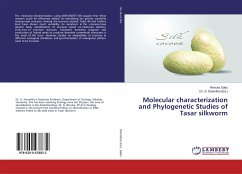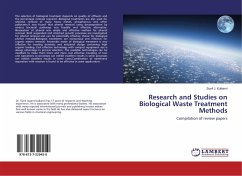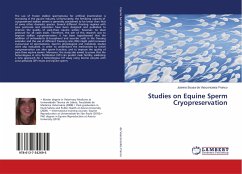
Studies on Equine Sperm Cryopreservation
Versandkostenfrei!
Versandfertig in 6-10 Tagen
42,99 €
inkl. MwSt.

PAYBACK Punkte
21 °P sammeln!
The use of frozen stallion spermatozoa for artificial insemination is increasing in the equine industry. Unfortunately, the fertilizing capacity of cryopreserved stallion semen is generally considered to be lower than that of some other domestic species. Several different freezing regimes with new protocols and extenders have been designed and published to improve the quality of post-thaw equine semen; however, no ideal protocol for all cases exists. Therefore, the aim of this research was to improve stallion cryopreservation. It has been hypothesized that the addition of antioxidants ( -tocop...
The use of frozen stallion spermatozoa for artificial insemination is increasing in the equine industry. Unfortunately, the fertilizing capacity of cryopreserved stallion semen is generally considered to be lower than that of some other domestic species. Several different freezing regimes with new protocols and extenders have been designed and published to improve the quality of post-thaw equine semen; however, no ideal protocol for all cases exists. Therefore, the aim of this research was to improve stallion cryopreservation. It has been hypothesized that the addition of antioxidants ( -tocopherol and ascorbic acid) in the freezing extender and the use of different freezing rates (FRs) might yield increased cryosurvival of spermatozoa. Sperm's physiological and metabolic studies were also evaluated, in order to understand the mechanisms by which cryopreservation can alter sperm function, and to improve the quality of post-thaw equine semen. Moreover, the study also aimed to prove that the heterologous in vitro fertilization (IVF) can predict male fertility, validating a new approach for a heterologous IVF assay using bovine oocytes with zona pellucida (ZP) intact and equine sperm.




